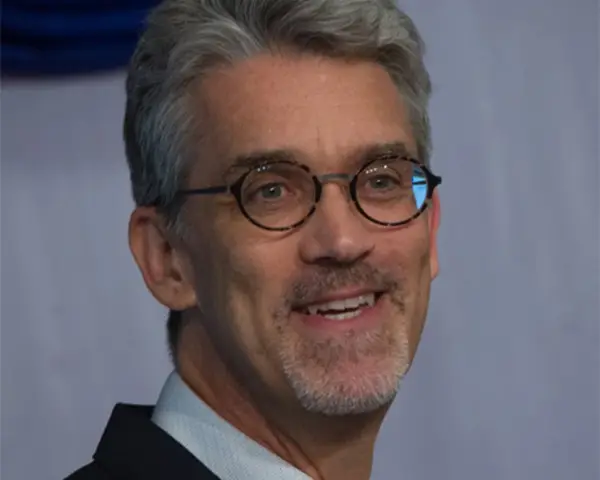Climate Changes: Energy Resources | Webinar
Date
Location
United States
Watch the Recording and Download the Presentation
Challenges and Solutions for a Clean Energy Transition
There is no question that the global community must embrace adoption of renewable energy technologies to reduce greenhouse gas (GHG) emissions and curb accelerating climate change. As part of the Climate Changes Webinar Series, this webinar features a discussion on approaches to the renewable energy transition and cross-sectoral challenges that need to be addressed from the standpoint of resource availability, technology limitations, operational challenges, investment needs, and economic and environmental impacts.
In this webinar, climate and energy experts discuss:
- Approaches to transitioning to renewable energy in different global contexts,
- The costs, benefits, unintended impacts, and challenges associated with renewable and clean energy solutions, and
- Our approach to developing actionable solutions from research through implementation.
We are excited to explore opportunities for accelerating adoption of renewable energy technologies to help reduce GHG emissions and improve quality of life for all, including the most vulnerable communities.
Meet the Presenters

Moderator: Jared Woollacott, Senior Environmental Economist, RTI International
Jared Woollacott, PhD, is a senior environmental economist in RTI’s Environmental Engineering and Economics Division. He has 10 years of experience developing and applying economy-wide models to a wide set of energy and environmental problems, including air pollution, environmental policy, climate change impacts, and the distribution of these impacts. He leads a team of economists and scientists focused on energy systems, transportation, electricity, and macro-economic simulation modeling. The combined work of this group, in collaboration with others at RTI, contributes to our understanding of how natural resources, technological change, environmental policy, and economic growth shape our economy and environment over time.

Candise Henry, Senior Energy Analyst, RTI International
Candise Henry, PhD, is an expert in energy research and climate change. Her work has focused on understanding the interactions between climate variability and power generation from the power plant scale up to grid scale. She applies a variety of methods from geosciences, economics, and engineering to develop both statistical and physically based energy and environmental models. She is skilled in optimization modeling for energy system models and statistical analyses of large timeseries and spatial datasets.
Before joining RTI in 2020, She was a postdoctoral research scientist at the Carnegie Institution for Science at Stanford University, where she helped develop an electricity system model to research efforts towards a near-zero emissions electricity sector. She also previously worked at a solar company in sub-Saharan Africa, managing and carrying out environmental impact assessment projects, leading efforts to collect and analyze electricity demand data, and participating in grid planning.

Maria Namale, Senior Transmission and Distribution Advisor – Uganda, Power Africa East Africa Energy Program
Maria Namale is a seasoned international energy sector professional with experience throughout the energy value chain. Her career has included work in the United States in oil and gas as well as time devoted to the growth of the Ugandan electricity sector both On and Off grid. She is intimately familiar and has vast experience with electricity transmission and distribution issues, rural energy development and “last mile” energy access issues. Before working on USAID activities under Implementing Partners, she worked with the then Rural Electrification Agency as a Project Engineer. Currently she is serving as a Senior Transmission and Distribution Advisor for RTI International.

Jonathan Quebbeman, Senior Water Resources Engineer, RTI International
Jonathan Quebbeman, PhD, researches applied water resource engineering systems, statistical hydrology, and data driven decision-making. His work includes precipitation analysis, synthetic weather generation, vegetation and micro-climate, transpiration, and runoff generation. His many years in both the consulting industry and academic world bring together a holistic view of water resources systems and management with advanced techniques for utilizing large and complex information in engineering and decision-making processes.

Matthew Tiedemann Associate Director, Energy for Development, RTI International
Matthew Tiedemann is an associate director of the Energy Division in RTI’s Development Group. He has more than 20 years of experience designing, managing, implementing, and monitoring large, complex projects and building effective teams. He has successfully led projects in Asia and Africa on time. In addition, he is experienced in providing technical and strategic leadership and supervising financial and programmatic performance and compliance on bilateral, multilateral, and private donor projects.
Mr. Tiedemann has previously led development projects that integrated rural energy access with governance, livelihoods, health, and water/sanitation; strengthened the capacity of local partner organizations; and translated research into practice.


